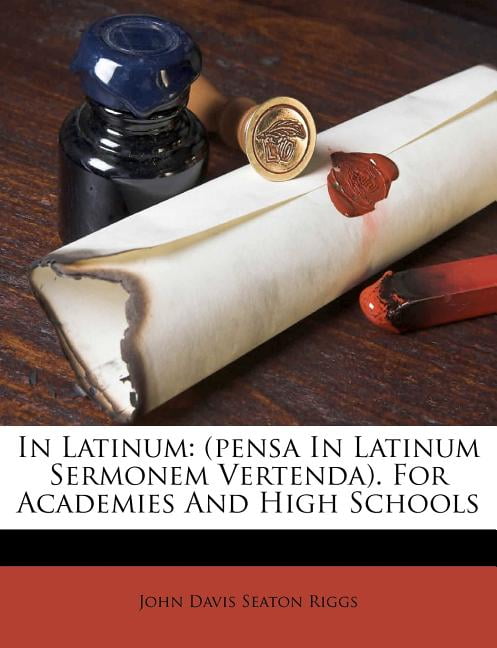

The Digest, a book compiled of published Ancient Roman laws, lists the Roman colonies that were granted the privilege of Ius Italicum.

Ancient literary sources enumerate some of the cities that were granted the privilege of Ius Italicum. Military Roman colonies founded by Augustus, the first Roman emperor, were to house the civil war veterans while overseas civilian colonies were settled by Roman civilians who were deprived of their property by returning soldiers. The early Roman Empire saw the creation of colonies settlers in Roman citizen colonies ( colonia civium Romanorum) had the same rights and legal privileges as cives. During Emperor Augustus' reign he gave land-grants to veterans who participated in civil wars to reward them for their efforts. Emperors, such as Augustus and Septimius Severus, made use of the law during their reign.Įmperor Augustus was one of the first Emperors to implement the law of Ius Italicum during his reign. Ius Italicum was the highest liberty a municipality or province could obtain and was considered very favorable. As Rome citizens, people were able to buy and sell property, were exempt from land tax, and the poll tax and were entitled to protection under Roman law. This meant that the city would be governed under Roman law rather than local law, would have a greater degree of autonomy in their relations with provincial governors, and that people born in the city automatically gained Roman citizenship. Ius Italicum (Latin, Italian or Italic law) was a law in the early Roman Empire that allowed the emperors to grant cities outside Italy the legal fiction that they were on Italian soil. Marble bust of Augustus the first Roman emperor to heavily use the Ius Italicum.


 0 kommentar(er)
0 kommentar(er)
